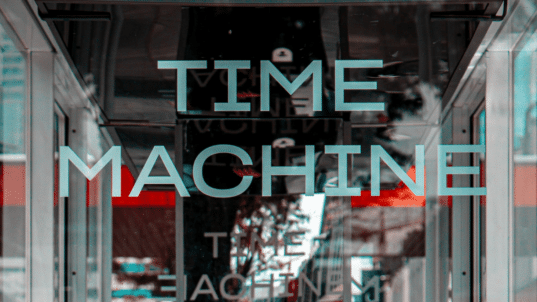
Photo by Terren Hurst on Unsplash
The Bunner’s Ridge Community Church was a nondenominational church that prided itself in its openness to all people. It had grown rapidly until the COVID pandemic. Although its services were streamed, church participation declined. The debt service on its new building was becoming more and more difficult to meet.
The pastor convinced a group of established leaders in the congregation to problem solve about the decline in church participation. They followed a common problem-solving approach:
- Identify the problem
- Analyze the causes of the problem
- Identify and select possible solutions
- Develop an implementation plan
The discussions accomplished one thing: they led to sense of dismay among the participants. They felt overwhelmed with the sense of the many problems they face. Maddie, one of the participants, decided to speak up: “As many of you may know, I work with troubled organizations. I’ve been reluctant to interject my own approach into the discussions but let me suggest another way for us to move forward.”
Maddie continued, “I suggest that we take a more positive approach to thinking about our future. Let’s start with a discussion of what’s currently working well–and then identify why we are successful in those areas.”
The group followed Maddie’s suggestion and were surprised by how many things were positive. Then Maddie asked: “Now, let’s envision what we want to be a success story in the future. Be imaginative. Describe your vision as a story, not as a goal statement. Tell us what it looks like if we’re successful.” While the participants struggled with this at first, the vision stories just blossomed after the initial struggle.
“Now I want each of you to own a story and present it to the congregation. Let’s see what gets everyone excited. Then, let’s reconvene to develop an action plan. This is when we’ll need to be realistic but remain hopeful. We also have to be mindful that we can’t do everything at once.”
The group came up with an action plan which they then presented to the congregation. Additional members of the church became active at this point. Over time, the membership rebounded, and the church again became a vibrant part of the community.
The approach that Maddie used is part of what’s known as appreciative inquiry. It’s a problem-solving approach that starts with an appreciation of the best of what currently works, and it builds through participatory discussions to envision what could be, and then moves on to design pathways to reach that vision. Its focus is more on the future than analyzing the past factors that led to a present problem.
Just imagine how society would change if we took a more positive and appreciative approach to problem-solving. Can we convert despair to hope? Can we work on the problem by being positive rather than blaming others? And how might such an approach lift the creative abilities of all?
* * *
“We need to discover the root causes of success, rather than the root causes of failure.” – David Cooperrider (Professor and developer of appreciative inquiry)
This is part of our “Just Imagine” series of occasional posts, inviting you to join us in imagining positive possibilities for a citizen-centered democracy.



